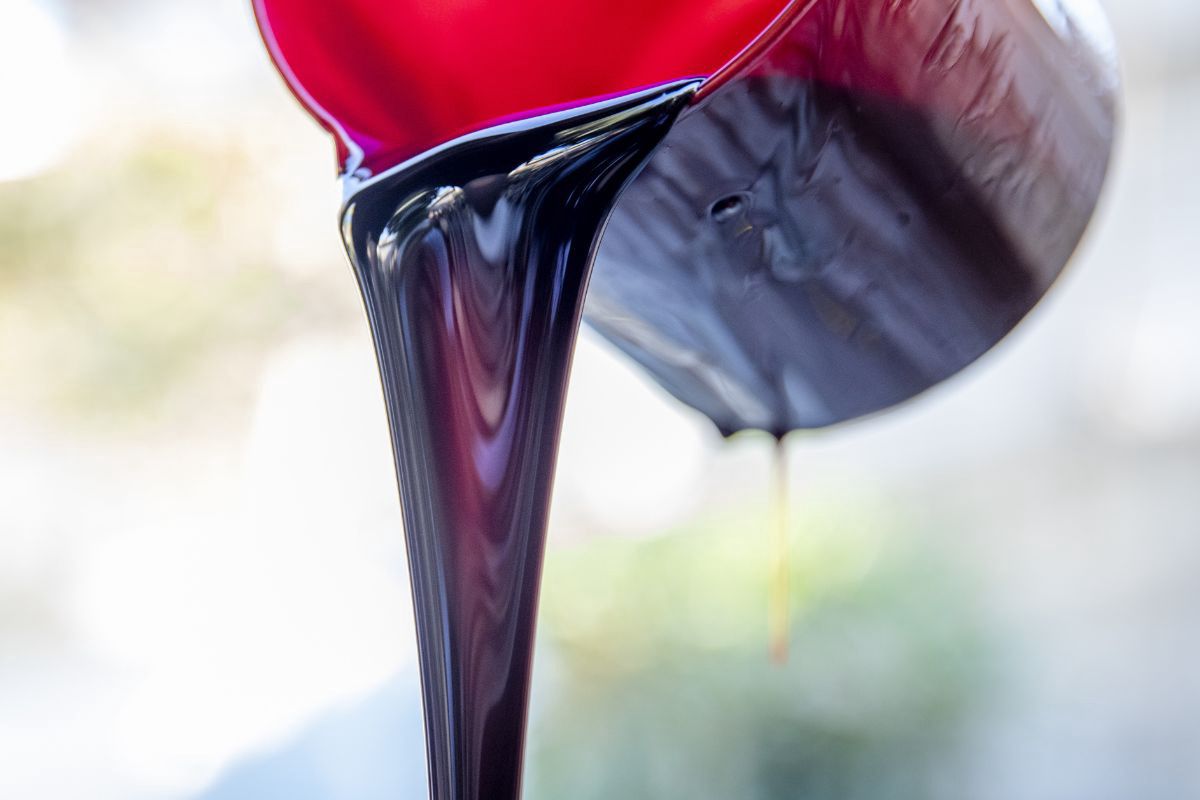
POTASSIUM-PACKED JUICES: A SIMPLE FIX FOR CARDIOVASCULAR HEALTH
Doctors recommend maintaining proper blood pressure to minimize the risk of cardiovascular diseases. One way to do this is by incorporating potassium-rich products into your diet. It doesn't require much effort—just drink a glass of juice once a day.
Why is potassium important for health?
Potassium is one of the most crucial minerals for our body. Therefore, it's essential to maintain an appropriate level in our systems.
It's an excellent remedy for those with hypertension. Potassium lowers blood pressure by increasing the excretion of sodium from the body. The more potassium we consume, the more sodium the body will eliminate through urine. Excess sodium in the diet is a significant risk factor for hypertension.
Potassium also dilates blood vessels, making blood flow easier and reducing vascular resistance. It's a beneficial compound for our bodies.
Potassium is widely available
This mineral is widely available. Potassium can be found in various food products such as meat, certain fish (salmon, cod, sardines, flounder), dairy (milk, yogurt), nuts, vegetables (broccoli, peas, beans, lentils, potatoes, tomatoes, pumpkin), and fruits (bananas, citrus fruits, plums, apricots, and kiwi).
The portal Medical News Today states that the quickest way to replenish potassium is to consume juices from passion fruit, pomegranates, oranges, and tangerines. Importantly, these juices are relatively easy to prepare.
In one glass of juice, there is:
- passion fruit - 690 mg of potassium,
- pomegranate - 530 mg of potassium,
- orange - 500 mg of potassium,
- tangerine - 440 mg of potassium,
For comparison, a banana, known as a good source of potassium, contains about 360 mg of this macroelement. Therefore, consuming juices is a great way to replenish potassium.
Potassium is crucial for blood pressure and supports the entire body. It affects many vital organs.
It positively influences the nervous system, controls muscle function, regulates water levels, protects against diabetes and kidney diseases, and supports bones.
Too low potassium levels are very dangerous
Maintaining an appropriate level of potassium in the body is very important. The potassium concentration in the blood should be between 3.5 and 5.5 mmol/L. A lower level, called hypokalemia, can lead to muscle weakness, heart arrhythmias, elevated blood pressure, bloating, acne, chronic fatigue, irritability, and fainting. Therefore, it's worth maintaining an adequate level of potassium — a glass of juice in hand!
Read also:
Balancing boron: Essential for health but often overlooked
How to optimize your diet and lifestyle after 40
Unlocking longevity: German doctor's diet and lifestyle secrets for a better life
2024-07-04T18:03:13Z dg43tfdfdgfd